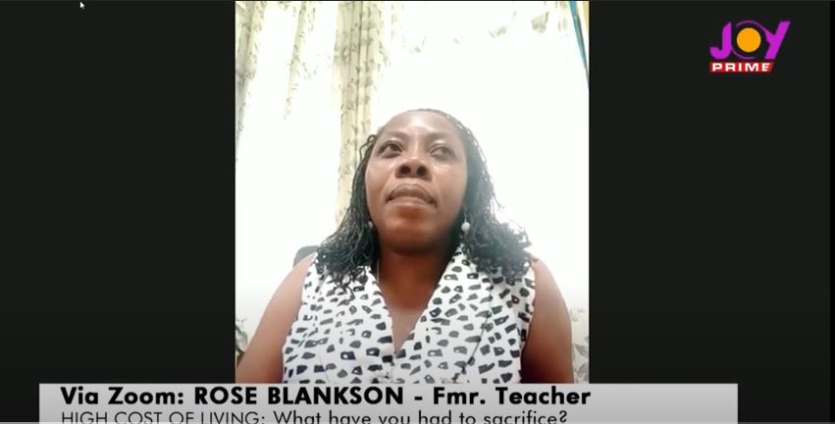All second-cycle institutions across the country have started using a new curriculum developed by the Ministry of Education and its partners.
However, there are growing concerns among stakeholders about the implementation of the curriculum, with questions being raised regarding its credibility and sustainability.
Assessing the new curriculum on Joy News AM Show on Tuesday, November 5, 2024, the Assistant Registrar at the University of Cape Coast, Rose Blankson, speaking from a parent's perspective, said the initiators of the curriculum have not done enough public education on the policy before its implementation.
She argued that parents are not fully aware of how the new curriculum works, and that this lack of understanding will inevitably affect their children's academic journey.
“There hasn’t been much engagement. It's been the teachers – yes, the teachers have been trained, and they have to be trained – but parents also need to guide their children when they come home. They’ll come home with homework, and parents have to be involved. The community also needs to be involved. How much engagement has there been about the curriculum?” she asked.
She further expressed frustration, saying, “I really don’t know much about this new curriculum and what it involves,” adding that the government has, over the years, implemented many “beautiful” policies but has failed to engage the public before rolling them out.
She suggested that the public needs to know more about the curriculum, and therefore, the relevant authorities should consider creating awareness through mass media and other communication channels.
According to the National Council for Curriculum and Assessment (NaCCA), the new educational curriculum for secondary schools was introduced with the aim of improving and modernising the country’s education system to better equip students for the challenges of the 21st century.
Some features of the new secondary education curriculum, which includes changes to Senior High Schools (SHS), Senior High Technical Schools (SHTS), and Science, Technology, Engineering, and Mathematics (STEM) institutions, include a focus on STEM and technical education, flexibility in subject selection, remedial support, and diagnostic assessments.
The new curriculum is also designed to provide personal learning pathways, enhance practical learning skills, and promote digital literacy.
This version adjusts spelling (e.g. "programme" instead of "program" in UK English), grammatical errors, and clarifies some points for a smoother flow of the narrative.
Latest Stories
-
Trump administration halts scheduling of new student visa appointments
1 minute -
Nana Fredua-Agyeman Jnr. eulogises Nana Kwasi Gyan-Apenteng
6 minutes -
NPP members attack JoyNews reporter during Wontumi’s EOCO detention coverage
18 minutes -
Security tightened at EOCO as tension mounts over Wontumi’s arrest
19 minutes -
AG files motion to strike out suspended CJ’s supplementary affidavit
34 minutes -
Lamine Yamal signs 6-year extension at Barcelona
38 minutes -
NPP supporters attack police pickup trucks at EOCO’s head office
41 minutes -
Wontumi’s arrest by EOCO likely linked to suspected money laundering – Kpebu
1 hour -
A/R: Fire destroys several apartments at Bomso
1 hour -
Scores of NPP supporters storm EOCO office over Wontumi’s arrest
2 hours -
Consumer Protection Agency commends FDA for crackdown on dangerous fake diapers
2 hours -
Two jailed 14 years for defilement in disturbing ‘money charm’ case
2 hours -
AI & Automation – The secret weapons transforming customer experience in Ghana
2 hours -
CJ’s removal saga: This is ‘alien to justice’ – Dame criticises ongoing proceedings
2 hours -
Exhibit your christian values at work to support Ghana’s development – Dean of St. Cyprian Anglican
2 hours

